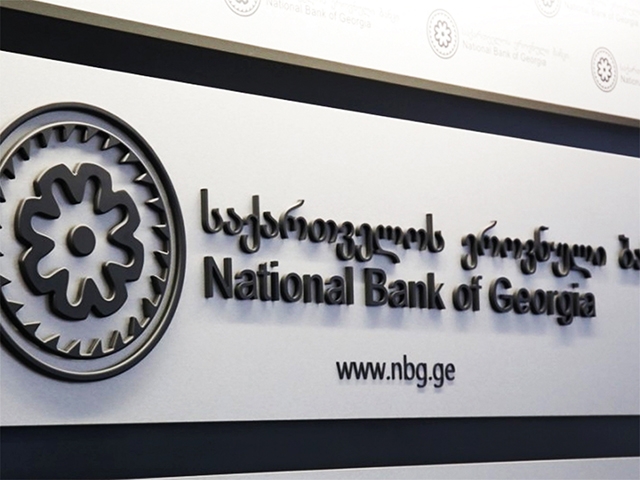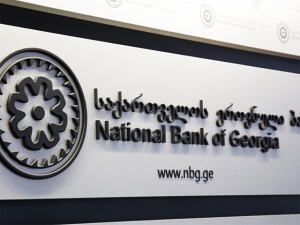National Bank of Georgia Includes 25 Countries in High-risk Money Laundering List
The National Bank of Georgia (NBG) has included 25 countries in its list of countries posing a high-risk of money laundering.
The Law on Preventing Money Laundering and Terrorism Financing went into force in Georgia on October 30, 2019. By law, the Financial Monitoring Service will oversee dubious investments in the country. Special supervisory activities will be carried out by the Accounting and Audit Supervision Service, the National Bank, Ministries of Justice and Finance, State Insurance Supervision Service and the Bar Association. The list of accountant sides includes financial institutions such as banks, microfinance organizations, leasing companies, brokerage companies, currency exchange companies, lottery organizers, notaries and others.
Some of Georgia's investor countries, including Panama, the Cayman Islands and the Seychelles, have been included in the list of money-laundering countries. All three offshore zones play a big role in total FDI flows into the country. More specifically, in the third quarter of 2019, $15,678 million was invested in Georgia from Panama, $1,248 million from the Seychelles and $1,891 million from the Cayman Islands.
To note, in late November, a non-governmental organization Transparency International (TI) Georgia released a report which claimed that in 2010-2018, Foreign Direct Investments attracted by Georgia from those countries which have offshore territories amounted to $5 billion, which is 38% of the total FDI in Georgia in eight years.
“With $300 million, Panama tops the list of investors of those countries that are entirely offshore zones, followed by Malta with $239 million, the Virgin Islands with $6 million, Belize with $64 million and so on,” the NGO says.
The organization claims that there are about 3,000 companies registered in Georgia that are fully or partly owned by offshore companies.
The Georgian National Bank reports that Georgia is a responsible player in the international architecture of the fight against money laundering and terrorism financing.
Under the Association Agreement with the European Union, Georgia has undertaken an obligation to bring its laws closer to EU law, including the detection and prevention of money laundering and terrorism financing. Georgia also participates in the work of the Advisory Committee of Experts on Money Laundering against the Council of Europe (Moneyval). Moneyval checks countries' compliance with the Financial Action Task Force's (FATF) standards, one of the main requirements of which is to assess the risks of money laundering and terrorism financing.
In 2019, the Georgian Parliament adopted the Law on Facilitating the Suppression of Money Laundering and Terrorism Financing, and a year earlier, the National Bank of Georgia approved the "Regulation on Accompanying Transfer Information". With these changes, the legal and institutional mechanisms for combating money laundering and terrorism financing in the country have been significantly improved and brought in line with FATF recommendations.
The list of high-risk money laundry countries made by the NBG is as follows:
1. Islamic Republic of Afghanistan;
2. Anguilla;
3. Antigua and Barbuda;
4. Bahamas community;
5. The Republic of Botswana;
6. The Republic of Ghana;
7. The Dominican Community;
8. Federal Democratic Republic of Ethiopia;
9. Turks and Caicos Islands;
10. Yemen;
11. Islamic Republic of Iran;
12. Cayman Islands;
13. The Kingdom of Cambodia;
14. The Republic of Colombia;
15. People's Democratic Republic of Korea;
16. Federal Republic of Nigeria;
17. Islamic Republic of Pakistan;
18. The Republic of Panama;
19. The Republic of Seychelles;
20. Saint Vincent and the Grenadines;
21. Syrian Arab Republic;
22. Republic of Tajikistan;
23. Trinidad and Tobago Republic;
24. The Republic of Tunisia;
25. Democratic Socialist Republic of Sri Lanka.
By Tea Mariamidze
Image source: Financer.com











